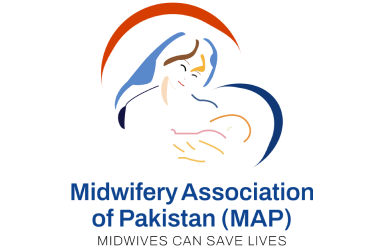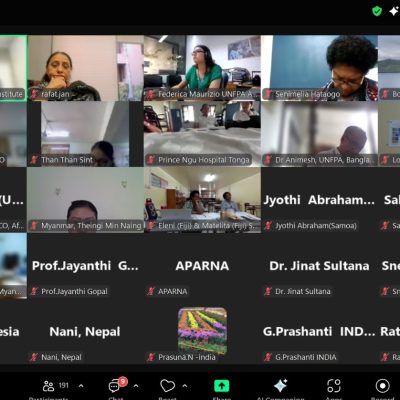Dr. Rafat Jan, President of the Midwifery Association of Pakistan (MAP), recently attended the Training of Trainers (ToT) course on Caring for Pregnant Women with Disabilities, organized by UNFPA APRO and the Burnet Institute. The training focused on building midwives’ capacity to provide inclusive, high-quality maternal healthcare for women with disabilities.
The session emphasized key insights, including:
Understanding Disability: Disability encompasses a broad range of physical, mental, intellectual, or sensory impairments that may change over time. Various social, cultural, environmental, and attitudinal barriers can impact individuals’ full participation in society and healthcare.
Challenges Faced by Women with Disabilities: Women with disabilities are more vulnerable to disrespect, abuse, violence, and poor-quality healthcare. They also face a higher risk of adverse pregnancy outcomes, including preterm birth, stillbirth, and maternal death.
The Role of Midwives: Midwives play a critical role in ensuring disability-inclusive antenatal care (ANC). Providing evidence-based, respectful, and accessible care can significantly improve maternal health outcomes.
Strategies for Inclusive ANC:
- Establishing dedicated ‘Women with Individual Needs’ clinics
- Utilizing two-way communication cards to enhance patient-provider interaction
- Conducting needs assessments of ANC facilities to identify and eliminate accessibility barriers
MAP remains committed to advocating for inclusive maternal healthcare and ensuring that midwives are equipped to provide respectful and quality care to all women, regardless of ability.


